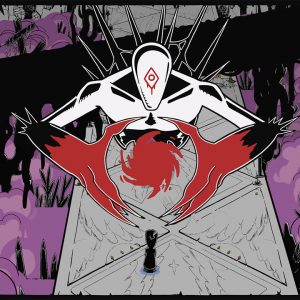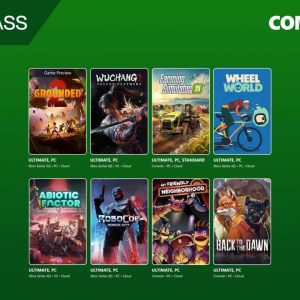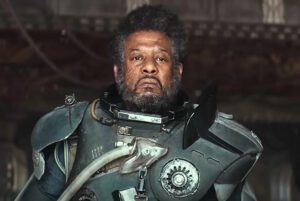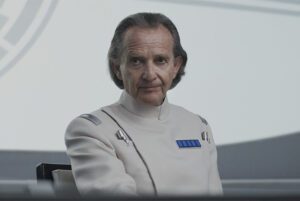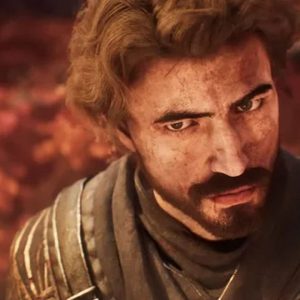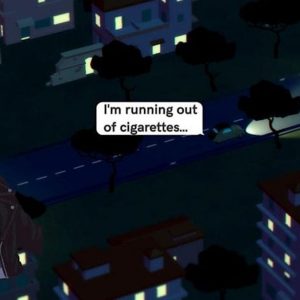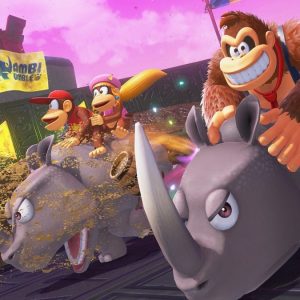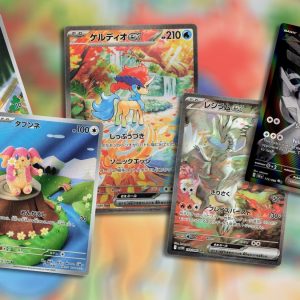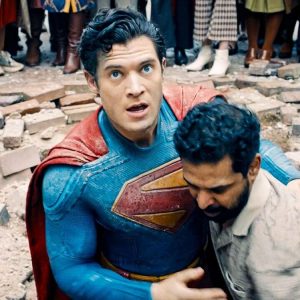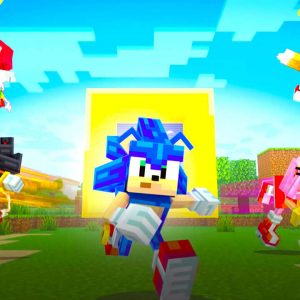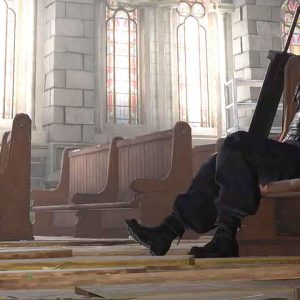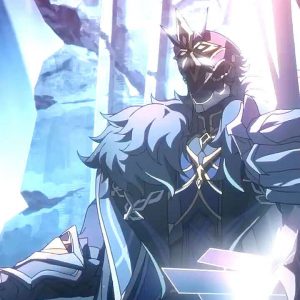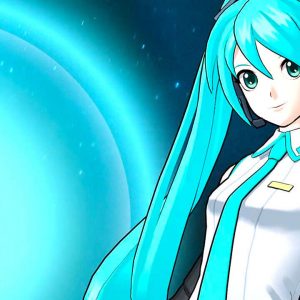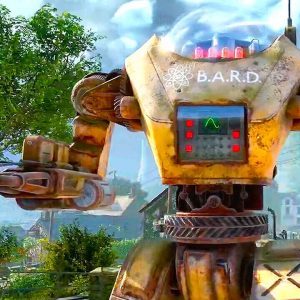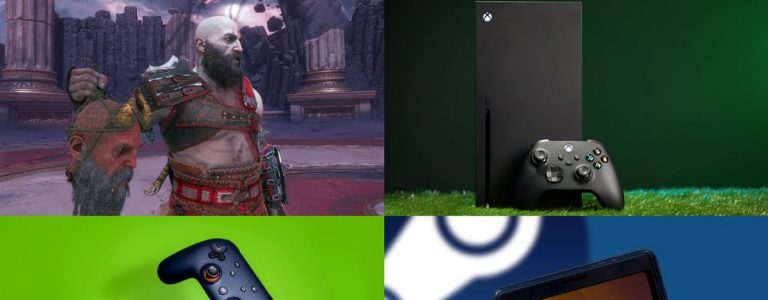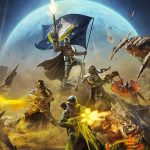So many games, so many questions
Set for release on June 25, Judgment is the latest title from Sega’s acclaimed Ryu Ga Gotoku Studio (generally known in the West as Yakuza Studio). While it does share some similarities with the Yakuza games, such as their satisfying combat system, play spots and strong narrative, Judgment is actually quite different: It’s a legal thriller, casting the player as private detective Takayuki Yagami as he investigates a series of murders on the seedy streets of Kamurocho.
IGN Japan awarded the game a score of 8.8 when it was released in Japan in December, praising its “superior legal suspense” and “top-notch action entertainment”.
Meanwhile, the Yakuza series continues to pick up steam in the West, while a number of ports of older titles for PS4 and PC have continued to win new fans at home and abroad. Now that beloved protagonist Kazuma Kiryu’s layered story has been concluded with Yakuza 6: The Song of Life, a brand new title – currently dubbed Shin Ryu Ga Gotoku, or New Yakuza – is under development with a whole new cast, led by rough-and-ready low-level gang member Ichiban Kasuga.
That sure is a lot of games, and we wanted to know new details about all of ’em – so we sat down at Sega’s shiny new Tokyo office with Yakuza Studio head Toshihiro Nagoshi, who devised both the Yakuza series and Judgment; Kazuki Hosokawa, Judgment’s producer; and Daisuke Sato, a producer on the Yakuza series who was also a producer on Judgment. Let the Q&A commence.
Passing judgment
IGN: What was the original reason behind developing Judgment as a spin-off to the Yakuza series?
Hosokawa: At the time when we first came up with the idea for Judgment, we had already made six mainline Yakuza games. We felt that we had found our studio’s strong suit, but it also felt like time for a new challenge – something with a new scenario and new characters while we also continued the Yakuza series. It just so happened that Nagoshi and I both felt the same way at the same time, and so we started to discuss the idea in more detail. That was the birth of Judgment.
Nagoshi: It’s not really a spin-off – after all, the characters from Yakuza do not appear in Judgment, and while it’s set in the same city district of Kamurocho, we wanted to make something different. And since Kiryu’s part of the Yakuza series had come to an end, this was a chance to do something I’d wanted to do for a while. I’m very satisfied with it.
IGN: What are the key differences in Judgment that set it apart from a Yakuza game, and what are the similarities it shares?
Hosokawa: The genre is quite different – Judgment has suspense and mystery elements, and has you solving a puzzle as the drama unfolds. While the Yakuza series invites players to immerse themselves in an immoral world, Judgment is based on the detective genre, which has a much broader appeal. The game experience itself may be similar, but you will get something totally different from playing it.
IGN: Judgment may not feature any characters from Yakuza, but the town of Kamurocho has a big presence in both games. Why did you use that at the setting this time?
Hosokawa: We wanted to have a protagonist who has a deep connection with the city around him. We had the choice between placing this character into a whole new location, or using Kamurocho – the city we have spent many years building. Cost and scheduling were factors, of course, but also after 15 years of enhancements, Kamurocho has become a location that we are familiar with. I was a little worried that fans may be fed up of seeing the same location again, but at the same time, I thought it would suit the character and make the game much more fun to play.
Westward Bound
IGN: Over the past few years, Sega has been closing the gap to bring Western releases out sooner. The Western release of Judgment is only about 6 months later than Japan. What is the thinking behind this strategy, and what have been the challenges?
Hosokawa: Fans in the West would always ask Sega after each Yakuza release, ‘When will you bring this game to our country?!’ In the past we had to start the localization process after the Japanese version was already complete, which made it impossible to close that gap. With Judgment, we started localizing parts of the game about a year before the Japanese release, so that we were working in parallel, and that helped us reduce that lag to just six months.
Nagoshi: To be honest, in terms of scheduling, a simultaneous worldwide release is actually possible. It’s not that difficult. But from a business perspective, the Western market is so big that it takes time to properly forecast the sales data, and to be honest this is what causes the delay – it just can’t be helped. But if Judgment sells well overseas then we will have the data so that if we do end up making a sequel, it may become possible to consider a simultaneous worldwide release next time.
IGN: Judgment is the first Yakuza Studio game since Yakuza 1 to get a fully voiced dub in the West. What was the reasoning behind that decision? Will future games get the same treatment?
Nagoshi: The Yakuza series has finally reached a point in the West where we have a consistent fan base, even for the older titles, and the games are well received well critically, which I’m really happy about. Adding fully localized voice acting was one response to that, as a way to give the fans a new way to enjoy our game.
Hosokawa: When Sega of America asked whether we could localize the voices for Judgment, I was interested to try to see whether we could achieve it. But we’re also localizing the lip-sync, which really felt like a challenge! It’s expensive too, but we’re doing it. If we hadn’t had to change the character of Hamura right at the end (LINK TO NEWS STORY), the localization would be mostly finished by now. We’re pretty much in QA now.
Nagoshi: If the voice dub helps to attract even more fans to our games, our motivation will continue to rise, and we can make even better games. I can’t say much about whether New Yakuza will be dubbed, but it will be a brand new experience, which means the development costs are higher, so we have to think carefully about how to spread those costs.
IGN: The Yakuza series finally started coming to PC in 2018. What was the impact of that, and will Judgment come to PC?
Hosokawa: Releasing the games on Steam made the barrier to entry much lower, and we gained players who don’t own a PS4. As for Judgment, we have not yet decided, but we are considering other formats. It’s not impossible, but I can’t say either way.
IGN: Is there a possibility we’ll ever see a Yakuza game on Nintendo Switch?
Nagoshi: No plans at the moment.
IGN: You’re also bringing more of the older titles to PS4, so that the entire mainline series can be played on Sony’s current platform. Yakuza 1 and 2 – originally released on PS2 – got full remakes dubbed Kiwami, whereas the PS3 versions of 3, 4 and 5 are being remastered instead, improving their HD graphics. What can you tell us about that?
Sato: We’ve gained so many new fans of the Yakuza series since the PS4 came out, and they don’t necessarily own a PS3, so we brought these games to PS4 so that they can play the full series. However, the Kiwami games took a full team about one year each to rebuild each game and add new mechanics. If we did the same with 3, 4 and 5, that would be another three years, and we’d prefer to use that time to make entirely new games like Judgment and New Yakuza, so instead we decided to make remasters of those games.
IGN: The Yakuza series was originally devised to appeal to Japanese gamers, and was not expected to sell in the West. However, the games now score highly overseas and have built a strong fan base. How do you explain the series’ recent Western success?
Hosokawa: You’ll always have things that get lost in translation, and Yakuza could have gone that way, but I think the game was made to such a high standard that it was able to overcome those cultural boundaries. While it has a very local flavor, the players who tried it found a well-made game, and began to spread the word.
IGN: Have later games in the series taken Western audiences more in mind?
Hosokawa: I don’t think it’s changed at all, really. We’ll never understand at a gut level which parts of our games will appeal to players in North America or players in Europe. Instead, we are better off thinking about the cultures we understand – Japan and Asia – and creating a game that will satisfy them. In doing so, I believe that some players in the West – not all of them, but the ones who are interested – will enjoy the games too.
Something New
IGN: You have announced that the upcoming Yakuza game dubbed New Yakuza will be a very different experience from previous Yakuza games. In what ways will it differ?
Sato: I can’t go into detail yet, but in the near future we’ll be able to reveal something that will make you think, ‘Wow, that really does look different’. The continuity of the previous titles in the series still stands. We still have the Tojo Clan and the Omi Alliance yakuza organization, and when the game is released it will be set the appropriate number of years after the previous games. Unlike Judgment, this will be a continuation of the Yakuza series. But as for what’s new about it, you’ll just have to wait and see.
IGN: Has the experience of creating Judgment influenced the main Yakuza series in any way?
Sato: Yes, of course. Judgment’s engine is a customized version of Yakuza 6’s Dragon Engine. Some of the customizations are specific to Judgment, but we improved the engine as a whole as well, particularly in terms of graphics rendering and the workflow elements that you can’t see on screen but that improve the development. These will be brought forward to future games.
IGN: Since Judgment is set in Kamurocho, will any characters or locations that were created for that game be brought into New Yakuza?
Sato: Well, you may see some of the same shops and bars, and if we can use some of the characters in a way that feels natural, it’s possible that we’ll see those appearances. I don’t intend to force it though. Judgment and Yakuza are separate series.
Making a Hero
IGN: Now that Kazuma Kiryu’s story has come to an end, New Yakuza features a new protagonist, Ichiban Kasuga. Do you see his story lasting as long as Kiryu’s epic seven-game saga?
Nagoshi: I’m not sure. We’re trying hard to make him a character people enjoy and whom they will want to see more of. We haven’t planned several games ahead, but simply that fans will like him enough to want more.
IGN: When you are creating a new protagonist, what qualities do you look for to set him or her apart?
Sato: Kasuga is the polar opposite of Kiryu. They’re both strong men, but Kazuma Kiryu is a taciturn person who doesn’t speak without reason. He starts out in a coveted position within the yakuza, albeit an ill-fated one; he is seen as having a future within the yakuza, and we see him fall from grace and start a life of hardship. But even then, he has good friends who believe in him. On the other hand, Ichiban Kasuga starts out with absolutely nothing. He is not respected as a yakuza; he was born and raised on the streets of Kamurocho without any parents – well, Kiryu is also an orphan. But nobody looks up to Kasuga at all. He has to work his way up from rock bottom. We’re aiming for a character who contrasts starkly with Kiryu. I hope players will come to love him.
IGN: You have been holding auditions in Japan for actresses to play New Yakuza’s female lead. Will she be a playable character?
Nagoshi: I can’t say much. She is a character who is important to the story, but she’s not the heroine. She’s central to the story.
Sato: We are advertising it as an audition for the female co-star, rather than the heroine. There is a heroine, but she is a separate character alongside Ichiban Kasuga, and the audition is for a third member of their group.
IGN: You have done auditions in the past to recruit members of the public for Yakuza games, which is a really interesting way to involve your fans. I attended one of the auditions for Miss Yakuza 5 as press years ago, and some of them really worked hard to win a place in the game. Presumably, those auditions worked out well. If you’re doing something similar again this time?
Nagoshi: The audition this time was a suggestion from the staff, and I wasn’t all that interested in doing it, because I didn’t want us to repeat ourselves. If we were going to do something like that, it had to be something different. That’s why the character this time is more central to the story, so it would be something new.
Sato: In the past, we held auditions for women to play hostesses, and those characters were not essential to the story. This time the character will interact with the central cast, so it’s a more central role. The audition is open to professionals and amateurs alike, and we’re hoping that this will be the launchpad for a lasting acting career, so we will be testing their acting skills as part of the process.
A Random Super Smash Bros Question
IGN: SEGA has put Sonic, Bayonetta and Joker in Super Smash Bros. Any chance Kiryu will make an appearance? Majima would make a great echo fighter.
Nagoshi: I don’t think (Smash Bros director Masahiro) Sakurai is interested, haha. If he asked I’d say yes, but I don’t think he wants them!
IGN: He has characters like Snake in there – it’s not so dissimilar, right?
Nagoshi: Nah, that’s different. Even if they’re both killers, they’re pretty different.
Sato: I think it would be very interesting (to put Kiryu in Smash Bros). He could pick up a bicycle out of nowhere to whack opponents with, haha. There are so many strong characters in Smash Brothers, I wonder whether Kazuma Kiryu could defeat them!
Finally
IGN: Is there anything else you’d like Western readers to know about Judgment or the Yakuza series?
Nagoshi: I’ve been very happy with the reception of Judgment in Japan, and other games by Yakuza Studio tend to be similarly well received overseas, so I think Western fans will enjoy Judgment, too. In a way, it’s a very ‘game-like’ game – the story has weight, but it’s a videogame at heart. Most games tend to be either deadly serious or completely absurd, but to me, the thing that unites Yakuza and Judgment is that they contain both of those sides, and that both sides are of equal importance. It’s like a Simon Pegg movie, like Hot Fuzz – when I watch a movie like that, I think the quality of the story, the casting, his love for cinema as a medium permeates everything. He doesn’t only want to make people laugh, he also wants to show his love for film, and so he puts everything he has into it. For me, my medium is videogames, and I want people to get all different kinds of enjoyment out of playing Yakuza and Judgment. I hope players overseas will feel that way when they play our games.
Daniel Robson is Chief Editor of IGN Japan. He has never seen anyone smash someone’s head in with a bicycle in the real Kabukicho, but follow him on Twitter @NoMoreDaniels just in case he does someday.
